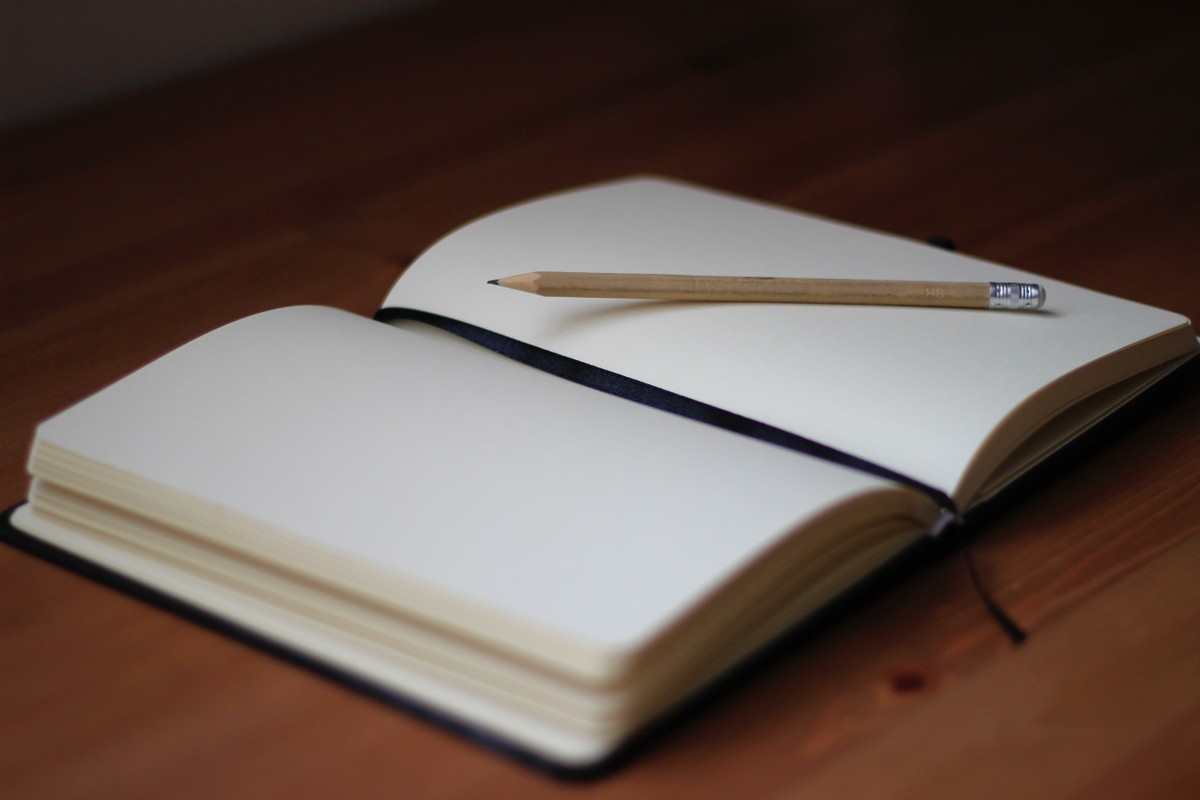
The title of this post is the first poem from Sylvia Plath I heard about. I, maybe in a silly way, thought it might be suited to talk about my relationship with English, as a native French speaker.
See, I've always been extremely fond of English, ever since I first discovered it some ten years ago now, what with my canonical age of nearly twenty-one. I loved every English class I had, and the teacher never really mattered, even though I did meet some bad ones. I didn't care for the people, all I wanted was to learn more, to know how to speak English, to be able to talk and write, read and listen. And I consider that I actually managed to get to a decent level of fluency.
Luckily, my last year of high school allowed me to have ten hours of English lessons weekly, with a lot, and I mean a lot, of vocabulary to learn each day. The teacher I had back in this specific year was what I'd consider a somewhat elitist one: you had to put in the effort to learn, and actually be good at it, or else it was likely he would leave you by the side of the road. This didn't prove to be much of a challenge for me, for I spent most of my childhood forgetting troubles back home by diving so hard into school I got unable to talk about anything else for a solid couple of years. This last year of high school brought me to an excellent level, a level one would have by the end of a three-year college course if we are to believe my English teacher's thoughts on the matter.
But this wasn't enough for me, the vocabulary and nice sentences. I needed to know how it worked mechanically, to dissect it and swallow it all. So I set for a degree covering everything from English literature to linguistics, with a dash of civilization thrown into the mix. It sounded promising, but the reality was just that. It sounded promising. It certainly wasn't. I got tired, terribly so. Tired of having to listen to bland records with perfect London accents to learn how to talk when I had an actual English person in front of me the entire time with whom I wasn't supposed to speak. Tired of having lessons in French with no interaction. Tired of having to write two-hundred words essays on whole books. It was uninteresting and it bled me dry. And I quit. I watched my then-boyfriend continue, followed his homework, and helped him do some for three years while I was struggling with English, while my relationship with that language, such an important part of me, fell to pieces. I lost fluency and vocabulary, and now that I force myself to write in English to try and regain a semblance of skill, I realize that I have a hard time finding terribly simple words, that I have a hard time picking the correct prepositions or conjugating properly when it never, ever, proved difficult to me before. It hurts. Truth be told, I may even feel a bit shameful about that.
This is quite where Sylvia Plath steps in. I was surfing around on the Internet, reading stuff left and right, always in English. Knowing that my understanding hasn't yet crumbled is the only solace I find in the whole shebang. Then, out of nowhere, I found a self-published fiction entitled Conversation among the ruins, with each chapter named after one of Sylvia Plath's poems. Out of curiosity, I checked it out, found her work, and ordered her Collected Poems in a local bookshop. It is quite mesmerizing, the way she plays with words and sentences. I always loathed French poetry with a passion, but I am surprised to find myself feeling much different about American poetry. I like it. I adore it. It's resonating with something deep within I didn't know existed, and it makes me hope, as I am currently reading that beautiful collection of poems, that one day, I will be able to get back on my feet and stop struggling on words like ironing or to mow the damn lawn.
I will make sure to keep up the good work, to keep writing and reading and listening, but to dive back into vocabulary sheets doesn't entice me much. Could be useful though.
I might even start to drop stuff here sometimes, just to force myself to be a tad productive rather than mulling over thoughts to never write anything down in the end.
You definitely shouldn't feel any shame about your English level. You've used some very colloquial words and phrases here that I wouldn't expect a non-native to know.
Your thoughts on language learning are fun to read and your English is fantastic. The couple of comments I made are based on my American dialect and it sounds like you've focused more on a British dialect. Who knows, maybe those couple of phrases sound perfectly natural to a British person.
I especially liked hearing about your struggle with everyday terms like "mowing the lawn." Isn't it always those simple every day things that trip us up? They aren't found in the textbooks, literature, and TV shows quite as often, so it can be hard to remember. I enjoy Sylvia Plath, too! Check out Ariel once you are done with the collected poems.
Thanks a lot for the comments! English teachers here in France are actually almost always focusing on British English rather than American English, be it in middle school or in uni, be it with idioms or even authors when we studied literature. I don't even remember having heard of a single American author during those lessons, which I think is a real shame. That is probably why I may sound quite British! Thanks also for the recommendation, I'll make sure to add Ariel to my list!